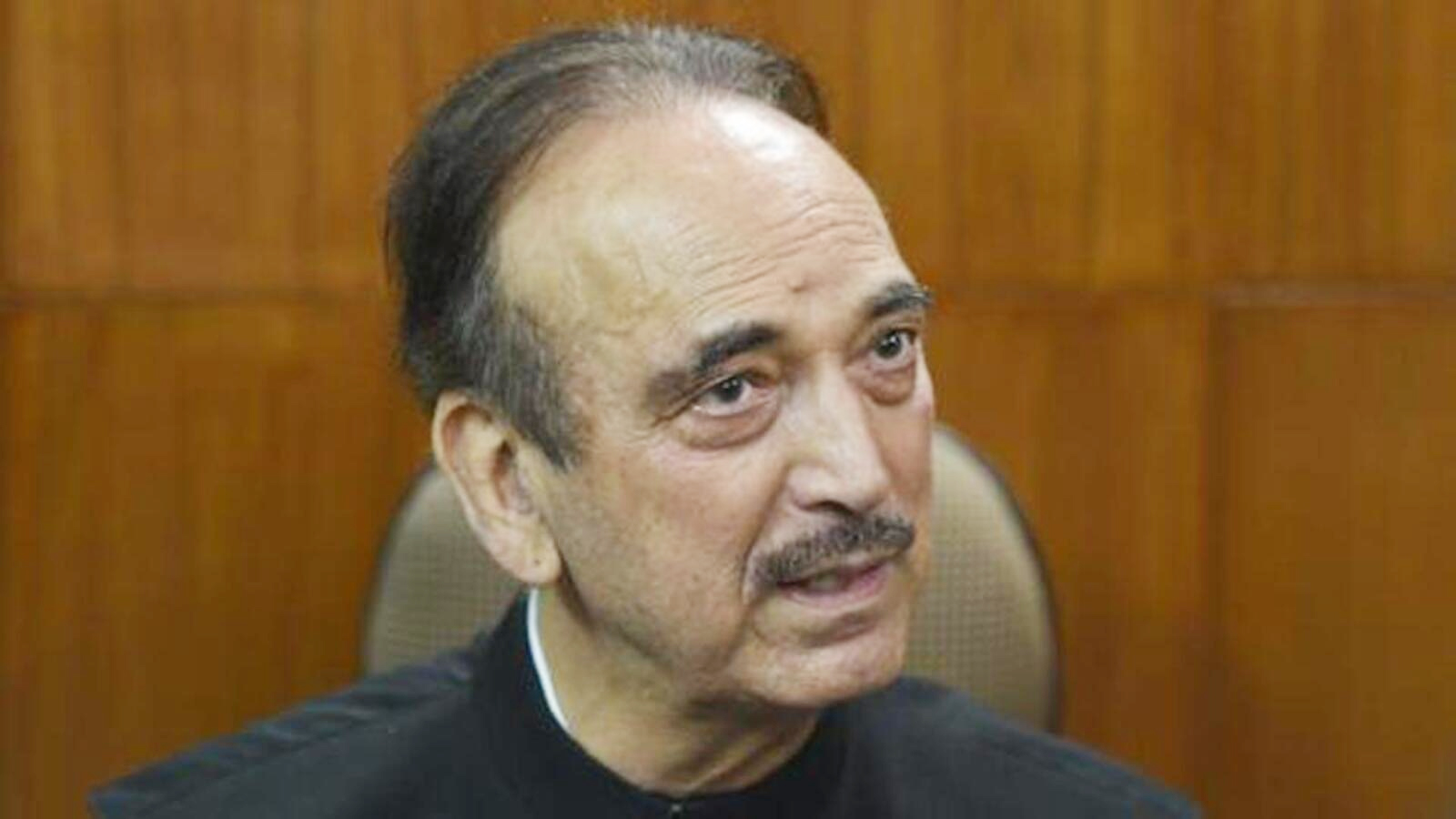 Early Times Report Early Times Report
Jammu, June 11: Less than three years after its inception, the Democratic Progressive Azad Party (DPAP), founded by former Jammu and Kashmir Chief Minister Ghulam Nabi Azad, appears to have reached a political dead end. The party, launched with high hopes in September 2022, has been decimated by electoral failures, mass defections, and a lack of organizational cohesion, with its leaders reportedly retreating into political hibernation.
The DPAP was formed in the wake of Azad’s dramatic exit from the Congress party, where he had spent five decades. Positioning itself as a regional alternative in Jammu and Kashmir, the party aimed to fill the political vacuum created by the abrogation of Article 370 in 2019. However, its performance in the 2024 Lok Sabha and Jammu and Kashmir Assembly elections was dismal, with the party failing to secure a single seat. In the assembly polls, DPAP contested 23 seats but drew a blank, with five candidates polling fewer votes than NOTA, signaling a resounding rejection by voters.
Compounding the party’s woes, Azad announced the dissolution of all DPAP units—state, provincial, zonal, district, and block-level committees—on April 14, 2025, in what was described as a “restructuring” effort.
Party leaders had cited the need to fill vacancies left by resigning leaders and to rejuvenate the party with youth and women. However, political observers view this as a desperate attempt to salvage a sinking ship. “The dissolution was less about restructuring and more about admitting defeat,” said a senior political analyst.
“The party has lost its footing, and its leaders have either defected or gone silent.”
While Azad has remained active on the national stage, representing Jammu and Kashmir in India’s all-party deleg “Azad’s international engagements have done little to bolster DPAP’s fortunes at home. Key party leaders, once seen as Azad’s trusted lieutenants, have either rejoined the Congress or withdrawn from public life, leaving the party without a functional organizational structure”.
As part of these delegations, Azad has been vocal in exposing Pakistan’s role in sponsoring terrorism, famously stating in Bahrain that “the number of terrorists in Pakistan may exceed those in the rest of the world combined.”
His strong remarks during Operation Sindoor, a government initiative to counter Pakistan’s disinformation, earned praise for showcasing India’s united front against terrorism.
However, Azad’s international engagements have done little to bolster DPAP’s fortunes at home. Key party leaders, once seen as Azad’s trusted lieutenants, have either rejoined the Congress or withdrawn from public life, leaving the party without a functional organizational structure. “The DPAP’s leaders are in hibernation,” remarked a former party member who recently defected to the Congress. “There’s no direction, no strategy, and no momentum.”
As Azad’s health came under scrutiny during his recent hospitalization in Riyadh on May 27, 2025, questions about his political future have intensified. Despite his stable condition and recovery, the veteran leader faces an uphill battle to revive DPAP. “Azad’s personal charisma and national stature are undeniable, but a party cannot survive on one man’s shoulders,” said a political commentator.
With no clear roadmap for reconstitution and its leadership in retreat, the DPAP’s collapse marks a significant setback for Azad’s ambitions to reshape Jammu and Kashmir’s political landscape. Whether the party can stage a comeback or fade into obscurity remains to be seen, but for now, the Democratic Progressive Azad Party stands as a cautionary tale of ambition outpacing execution. |
